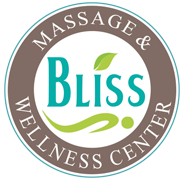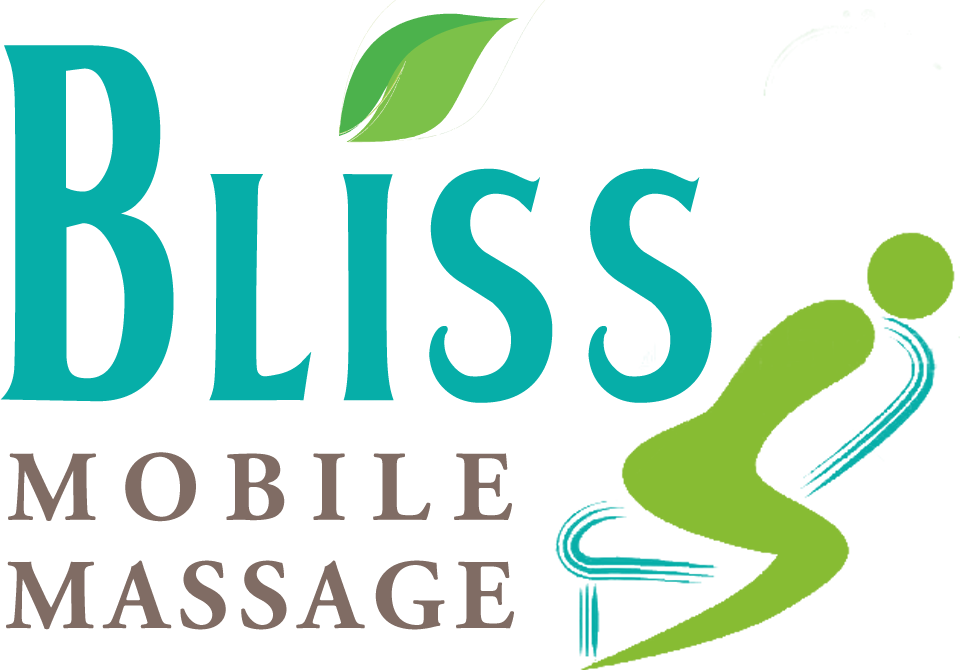What is IPL
IPL which stands for Intense Pulse Light, is a form of longer-lasting hair removal. Our IPL device works by using warm soft light to bring hair to a resting phase. The light is absorbed into the melanin in the hair follicle causing it to loosen at the root and fall out. After a series of treatments, the hair will stay away for a longer period of time – for example with our IPL system you can enjoy up to 12 months hair free, smooth skin.
FAQ’s
Is my skin tone suitable for IPL Hair Removal?
IPL works best on those with naturally dark blonde, brown or black hair, but sadly white, grey, light blonde or red hair does not contain enough melanin in the hair follicle for it to absorb the light and therefore IPL simply cannot give the right results. The same limitations apply to skin tone too – IPL is most effective for those with very light to dark brown skin tones, however it is not suitable with those with very dark skin tones.
What is the difference between IPL and Laser Hair Removal?
This can be confusing for most so here we answer the differences between them. IPL and laser may seem very similar, there are some key differences in not only the technology of these hair removal methods, but also the cost, who can do it and where you can do it.
IPL and laser do have some key things in common – their functionalities are based on light pulses, they both are effective treatments in removing and reducing unwanted hair and neither offer permanent hair removal, there will be touch up sessions to keep hair at bay.
However, as you look a bit closer, you will notice that the technological details differ. Whilst both use high-energy light (which is absorbed by the melanin in the hair follicle to bring the hair into a resting phase), IPL is made up of a wide spectrum of light – like that of a light bulb – which can treat larger areas of skin, whereas laser technology is based on a single, concentrated wavelength that penetrates the skin point by point.
Both IPL and laser can vary widely in cost depending on the provider, but both are usually considered as investment purchases. Laser typically requires a dermatologist or licensed esthetic nurse practitioner while IPL can be done by a trained esthetician with a certification in IPL.
See our booking page for packages and pricing. Be sure to fill out the necessary forms if you are a first time client, links will be sent to you when you book your appointment.
Book NOW
Consumer Exclusion Criteria: Please read and confirm with your treatment provider:
Unprotected Sun Exposure or use of tanning creams. If you’ve had unprotected sun exposure in the areas to be treated in the last 1 week you must notify your treatment provider. Protected sun exposure means wearing protective clothing or use of SPF #30 or greater.
Pregnancy – If you are pregnant you should not have any treatments with light based devices. Although there is no evidence at this time of fetal harm from light-based systems, the results of the treatment bay be erratic/unreliable due to fluctuations in hormonal levels and changes in physiological conditions.
Menstrual dysfunction – If you have menstrual dysfunction or are known to have elevated androgen levels you should see an endocrinologist for evaluation and possible treatment as this can cause excess hair that may not respond to IPL treatments.
Use of mechanical epilation – Notify your treatment provider if you are seeking hair removal and have used mechanical epilation method less than 3 weeks prior to treatment. This includes plucking, waxing, tweezing, electrolysis or sugaring.
Allergies – Inform your treatment provider of any allergies to medications, latex, foods or other substances.
History of seizures – If you have a history of seizures or are taking an anti-seizure medication you should not have treatments with a light based device. Flashing lights may trigger a seizure.
Medications – Inform your treatment provider of both prescription and non-prescription medications you are taking. Include herbal and natural remedies as some may cause photosensitivity. consumers should not be taking Accutane, anti-coagulants or St. John’s Wort.
History of keloid & hypertrophic scar formation – Although scarring is rare, picking or pulling off scabs or crusting can result in scarring. For this reason we do not recommend IPL treatment if you have a known tendency to form keloid or hypertrophic scars.
Active infections/immunosuppression: Active infections and immunosuppression compromise the healing ability of the body. If you have an active infection your treatment will be postponed until cleared.
Open lesions: Treatment should only be done on intact, healthy skin.
Herpes I or II – Within the treatment area if you have a history of herpes outbreaks the past you will need to consult your primary care physician prior to treatment.
Tretinoin (Retin-A Renova) Although tretinoin use in the area to be treated is not absolutely contraindicated, it is however, known to make skin more sensitive and prone to exfoliation. You are advised to discontinue use of tretinoin and other skin exfoliation products 2 weeks prior and during treatment.
Oral isotretinoin/Accutane – you will be unable to receive IPL services if you have been using these products at least 6 months prior to treatment as this can change the structure and sensitivity of your skin.

